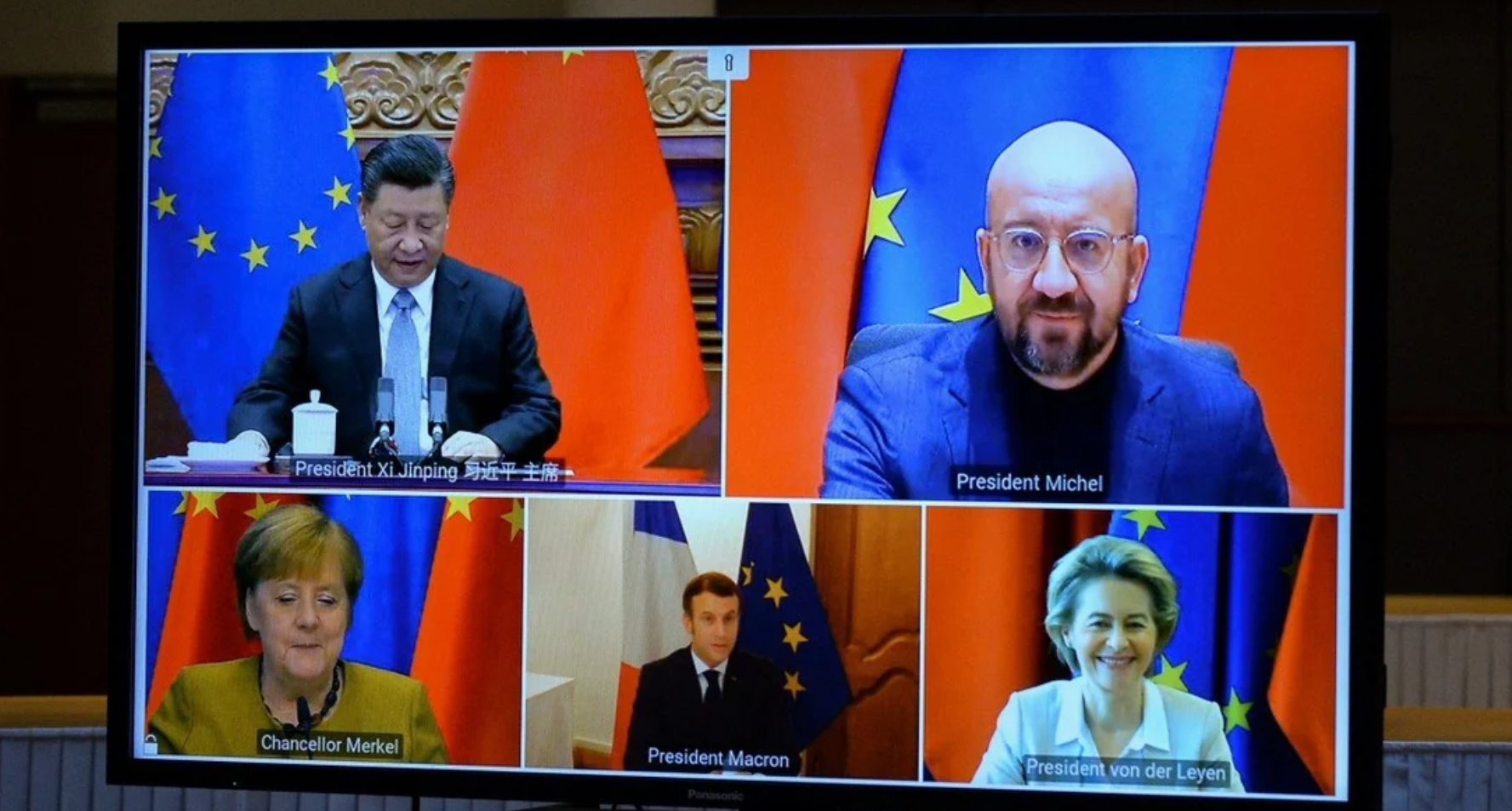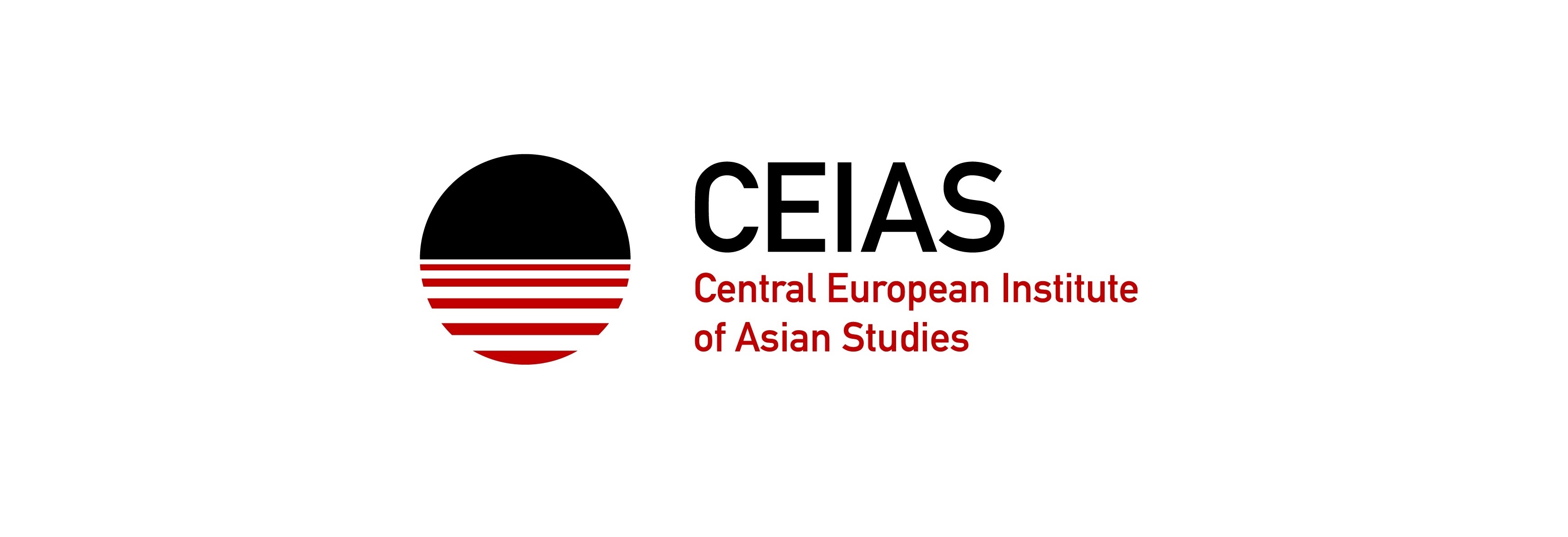Despite the narrative about Central and Eastern European countries endangering EU unity on China, the hasty conclusion of an investment agreement with Beijing shows that the Franco-German alliance is a bigger obstacle to a united response to challenges posed by China.
“Today, the EU and China concluded in principle negotiations on an investment agreement,” remarked Ursula von der Leyen on 30 December after seven years of protracted negotiations. The conclusion of negotiations came after a last-minute breakthrough and supposed significant concessions from Beijing.
When the first signs came that the Comprehensive Agreement on Investment (CAI) might be concluded in principle by the year’s end, a varied group of China watchers from all corners of the EU (including this author) warned that the imminent conclusion was too hasty, and raised several objections about where the reported Chinese commitments fell short of EU standards.
Putting aside the issue of whether CAI’s content is in the EU’s best interests, another story was brewing underneath the surface of the negotiations – a power struggle and EU (dis)unity.
We wanted the best, you know the rest…
For several years, the talk of a united response to China has been presented as a panacea for reaching an effective EU policy on China. To remind the rest of the EU of this, Berlin has frequently criticized smaller member states for disrupting EU unity whenever they engaged bilaterally with Beijing.
For sure, the engagement of member states from the CEE with China in the “17+1” format did not do much to help create a solid EU position on China. Yet, the process in which the CAI negotiations were concluded showcases that Germany poses a far greater obstacle to achieving the desired state of a united position on China.
One of the steps by the German presidency that raised eyebrows was the sudden last-minute inclusion of CAI discussions on the agenda of the 28 December COREPER II meeting, to which Poland objected. Italy objected to the fact that the presidency asked member states to approve the deal without sharing the draft text beforehand.
The last blow to attempts to present a united EU position came on the very day the agreement was announced. The meeting of EU representatives Ursula von der Leyen and Charles Michel with the CCP Chairman Xi Jinping was joined by Angela Merkel and Emmanuel Macron.
While this was framed as an in-parallel meeting of Merkel and Macron with Xi (though on the same video conference, as photos from the meeting prove), this is nothing more than a thinly veiled attempt to provide some sort of cover for Macron’s attendance at the meeting, which would otherwise lack any legal basis under the EU treaties.
For now, it remains unclear what the reason was for his attendance, or if any other member states had the option to join in. Macron’s attendance was certainly surprising and did not sit well with other EU capitals, as demonstrated by the public statement by the Italian deputy minister of foreign affairs Ivan Scalfarotto, who called the set up unusual and unjustified.
It is ironic that this comes at a time when France under Macron repeatedly calls for the EU to become a more united actor acting globally under the umbrella of “strategic autonomy”.
This stands in stark contrast to the proposed 27+1 meeting, in which representatives of all the member states were to meet with the Chinese leadership, and which was paradoxically proposed by Germany. The meeting, which was supposed to take place this year in Leipzig, was, however, postponed due to the COVID-19 pandemic.
Sources of German conduct
So what motivates Germany’s actions? Here, two issues need to be pondered – business interests and public opinion. Of the two, the former seems to have a bigger impact on Merkel’s reasoning.
Germany currently “enjoys” one of the largest economic dependencies on China. Germany is the largest EU exporter to China in both absolute and relative terms. In 2018, German exports to China were worth over €110 billion, which represents 7% of overall German exports. German companies are also the largest investors in China from among all the member states. Almost half of all EU investment in China comes from Germany (€76 billion).
As for public opinion, over 60% of Germans have a negative opinion of China, while almost half of Germans report that their views had worsened in the past three years. Even Chinese investments are perceived negatively (one of the worst perceptions among 10 EU member states where the polling occurred). Nevertheless, over 60% of Germans consider China to be important for Germany’s economic development and 54% think that the promotion of trade and investment should be a priority for German policy towards China.
However, other issues are deemed to be of bigger importance to Germans than trade and investment – among six policy options, promotion of trade and investment polled at fifth place, being surpassed by the protection of intellectual property rights (58%), addressing cybersecurity (66%), advancing human rights and democracy in China (67%), and cooperation on global issues like climate change (69%).
Furthermore, 44% of Germans report that their country prioritizes human rights in its dealings with China even if it comes with economic costs.
Thus, it is safe to assume that a hasty conclusion of CAI without proper safeguards for human rights (CAI’s language on forced labor is reportedly particularly vague) does not align with the wishes of the German population.
German companies stand to be the biggest beneficiaries of an early conclusion of CAI, and Angela Merkel listens to their pleas, more so than her own electorate’s.
As such, the CAI episode shows that when it comes to China, EU unity is not much more than a golden calf, a mantra readily used, yet quickly sacrificed as soon as business interests come to play.
This article was originally published by Euractiv.com.







